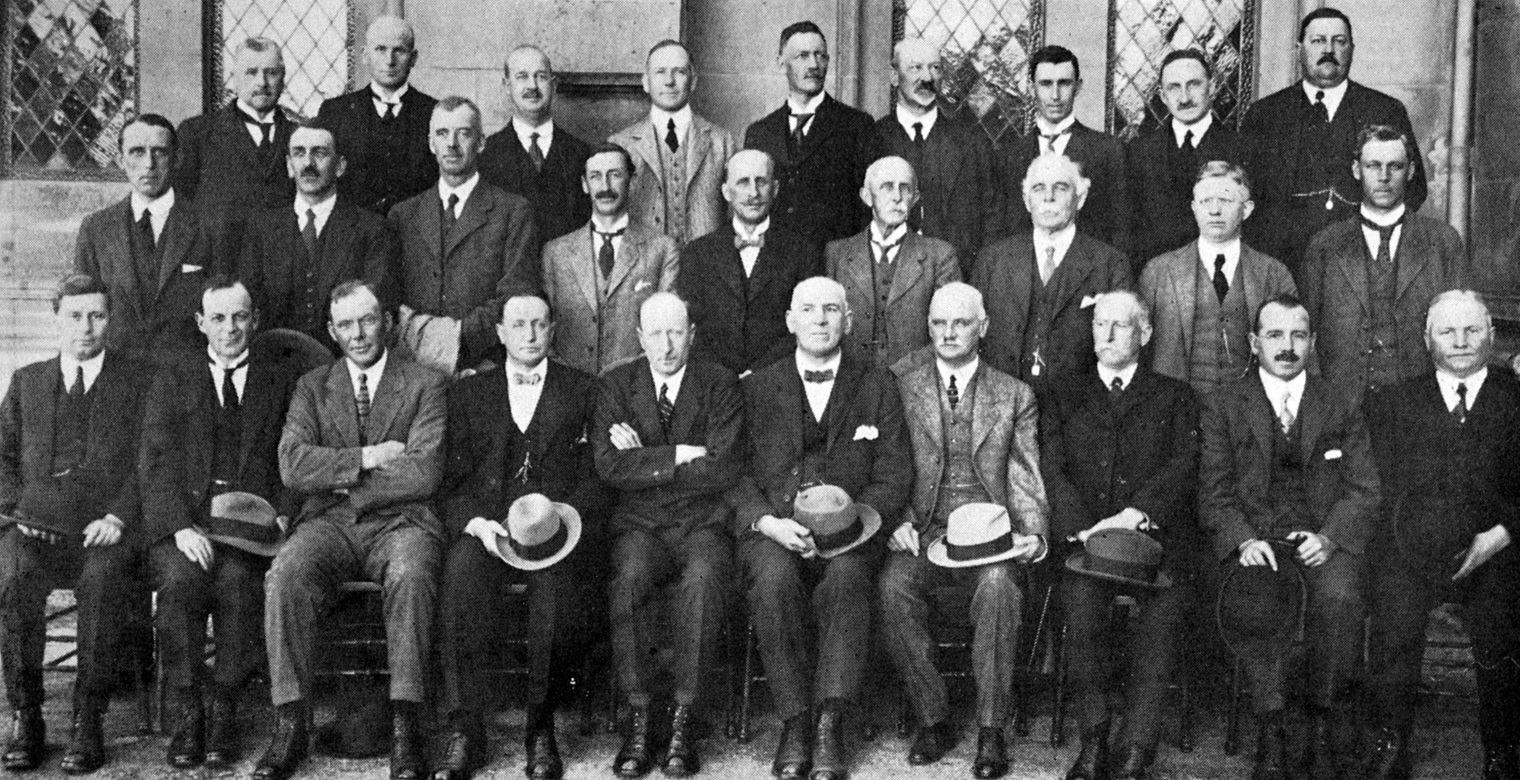
Hammer of justice strikes blow
The only matter engaging the attention of a magistrate in the City Police Court yesterday morning was the determination of the ownership of an anvil which had formed the subject of an unsuccessful charge of theft heard about six months ago. The two applicants for the anvil, which in the interval had been retained by the police, were the person against whom the charge was preferred and the Dunedin Drainage Board, and as the former withdrew his application, the magistrate made an order handing it over to the board.
Colonial figure dies
Mrs Andrew Potts, who passed away at Tapanui last week in her seventy-eighth year, was another of the fast diminishing band of early pioneers. Shortly after coming to the colony she was married, her husband being then a shepherd on Glenkenich Station for Captain Mackenzie. Their first home was at Glenburnie Bush, and later at Woodside, where she resided about 40 years, and then retired to Tapanui. Her husband predeceased her 26 years ago. The family consists of two sons and seven daughters, all of whom are settled in homes of their own. In the early days, when kindly help was needed, especially in times of sickness, Mrs Potts was ever ready to render sympathetic help. She was a woman of high Christian character, and always lived up to her profession.
Orphanage ponders boys’ future
The annual report of the committee of the Anglican Memorial Home for Boys (Andersons Bay) says that the appointments of Mr and Mrs Gerrard as resident manager and matron respectively have been eminently satisfactory. The welfare of the boys could not be better safeguarded than it is under their parental care. Mr Gerrard wisely suggests that some training of the older boys in farm work may be of great value to them and to future employers when the time comes for them to leave the home. Already one request has been received from a farmer for such a boy. This training can be carried out in a small way at present, and may be a stepping stone to a larger scheme. — ODT, 2.11.1922












